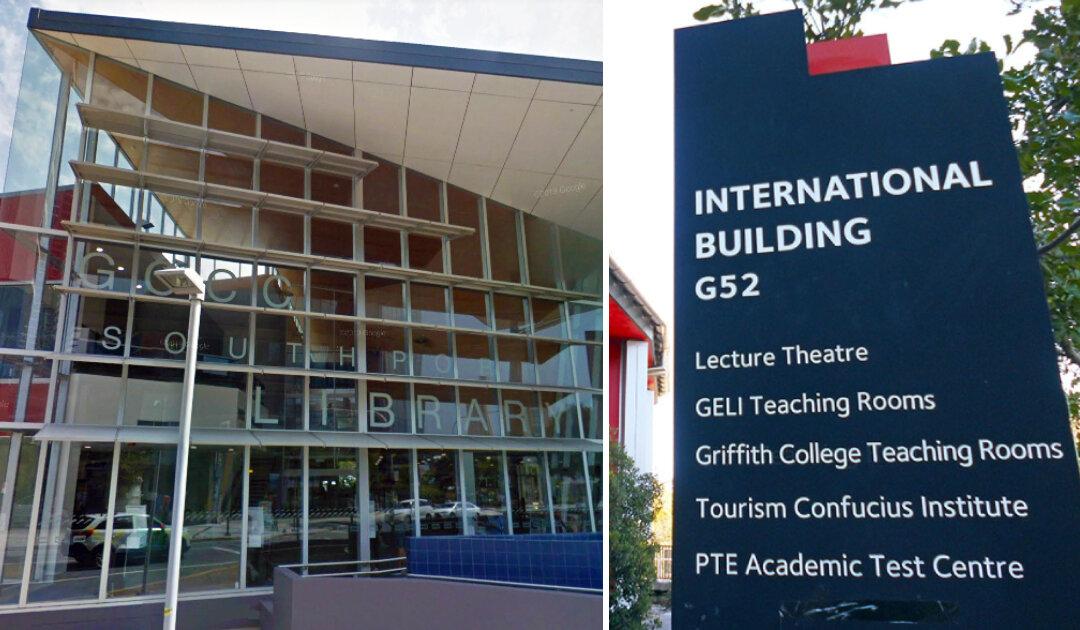GOLD COAST, Australia—A key part of Gold Coast City Council has indicated it will stop engaging with a controversial, Beijing-controlled educational organization.
The council-funded City of Gold Coast Libraries, which operates 13 branches and a mobile library service, has no plans to engage in future with the Tourism Confucius Institute (TCI) based at Griffith University.





